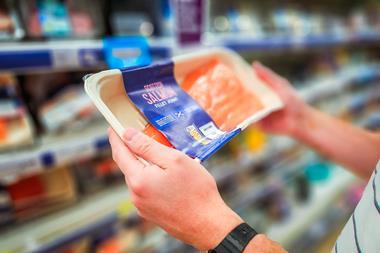The NFU has admitted it is struggling to communicate the challenges faced by farmers to meat processors and retailers.
After more than two years of it trying to explain the impact of CAP reform, chief livestock adviser Peter King said that processors and retailers needed a wake-up call.
Prices would have to rise, he warned.
"In terms of prices, the market hasn't reacted to the decoupling of support payment and production," he said. "Incomes are drastically lower than in any other market sector."
Unless farmers' incomes rose, many would be forced to stop producing meat and use their €1.75bn per year from the EU to fund other activities, he said.
At the moment, many struggle to make a profit. A survey by Eblex last November found only a third of beef finishers made a profit, while suckler production netted farmers a loss of £400 per animal.
King said the last straw for English farmers was last month's announcement that 17% of payments would be diverted into funding agri-environment schemes.
This would take hundreds of millions of pounds out of payments to livestock farmers.
"I'm not sure the market alone can make up this huge shortfall," King added.
National Beef Association chairman Duff Burrell said processors and retailers would have to pay 20% more than today's average beef price of 210p/kg deadweight.
"This lost income will have to be made up from the market, otherwise production will continue to fall. The loss to farming, and the potential loss to rural structures as well as the environment, will be immense."
Others in the industry said an increase of this magnitude would hit sales of beef, which rose 2.6% last year to hit £1.49bn at retail.
The industry was concerned about the financial stability of farming, said Maurice McCartney, director of the British Meat Processors Association. "Anything that affects farmers potentially affects the supply of British meat."



















No comments yet